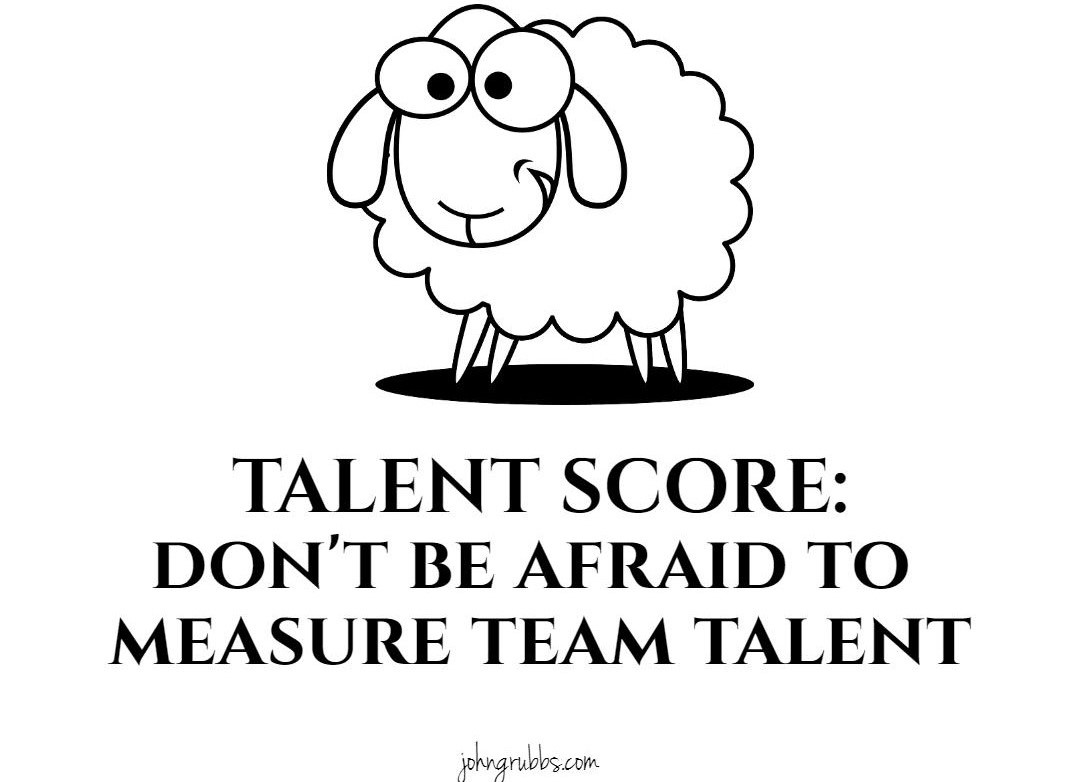|
Still herding sheep?

Leading the Tribes: My next best-selling book is in the pipline. Discover why transactional managers will soon become extinct...

Enjoying success requires the ability to adapt. Only by being open to change will you have a true opportunity to get the most from your talent.
—Nolan Ryan
Look folks it is now 2017. Wake up! I am so tempted to use an expletive here (!@%$*#@#) to get your attention. We need to get a grip before we are beaten like a drum by our competitors. I hope this creates a much needed sense of urgency for CEOs and other managers responsible for organizational performance. The team with the best talent wins. There is absolutely no excuse not to have written plan to quantify your current talent reality. I am helping
organizations take the best and brightest talent from competitors that offer no resistance. It is literally like taking candy from a baby. Insert baby emoji here! I continue to be utterly amazed at the lack of formality most companies have when it comes to managing talent. In a recent speech to over fifteen hundred managers, I polled the audience to determine how many organizations represented in that room had a documented talent management strategy. Fewer than twenty
raised their hands. Subsequently, I have repeated this unscientific poll with other small groups and it has consistently been about one percent of the companiesresponding that their organization has a written plan to manage talent. And of this one percent, even fewer attempt to measure talent. That’s a crying shame in today’s complex, nomadic human reality. Can I get an Amen? What is the collective talent score for your organization? Can you measure how strong or weak your team is today? Is there a way to mathematically know whether you are growing or contracting your collective talent? Until now, most organizations simply
never measured talent. Organizations measure results and turnover but have no clue why these results are achieved. These same companies rely on classical human-resource techniques to attract and hire talent but never measure the impact fromgaining or losing talent in a collective sense. They rely on systems and processes but never quantify the individual talent that performs for the organization. Remarkably, this lack of talent quantification has never really been discussed as a necessity for organizational success. Consider systems and processes as one side of the coin, while a talent score represents the other side. Executives examine balance sheets but never see talent sheets. Over half of your success and failure is not
measured or managed! If you believe in the “first who, then what” methodology as a way to become great, then something has been missing in the game of business. If we focus on the “who” first, we are presented with obvious challenges: How good is the team I inherited? How good is the team I have developed? If we do not ask these questions and gain answers, how do we know? We can measure the results, and most do. Are we making a profit? How many sales have we closed?
How many accidents havewe had? These results all measure trailing indicators. True success comes from measuring leading indicators—they get you to those trailing results. Simply put, in a competitive environment, a team is more likely to be successful when they have the best talent. Your talent score can be developed in many ways. Some methods are objective, while others tend to be more subjective. The most realistic process for measuring talent relies on consistency and takes
into consideration both objective data and subjective input. In baseball, a five-tool player has running speed, arm strength, hits for average, hits for power, and can field a baseball. Each one of these tools can be measured. Although they vary in importance by position, they give a talent scoutan idea of what to look for in a potential player. Not all of these tools can be developed and learned. Some (like speed and arm strength) are genetic gifts. The five tools for business success are similar because some can be developed, and some are innate to the individual.
Continue Reading...
__________________________
Leading the Tribes Training - Book my 1-day class at your location for managers and supervisors.
Leading the Tribes Keynote Speech - Book my 1-hour speech for your event.
Call (903) 295-7400 Today!
___________________

Need a Keynote Speaker?
"John Grubbs' keynote message is powerful! John is able to clearly convey his knowledge and foresight on the generational changes that affect ALL of us. I had many A-ha moments with his vivid examples. We continue to talk about what his message taught us to this day. You will have to reach for a tissue to wipe tears of emotion and laughter. John's message is memorable and inspirational!"
Maria Gallegos
Texas Chemical Council
Call John Grubbs (903) 295-7400


|











